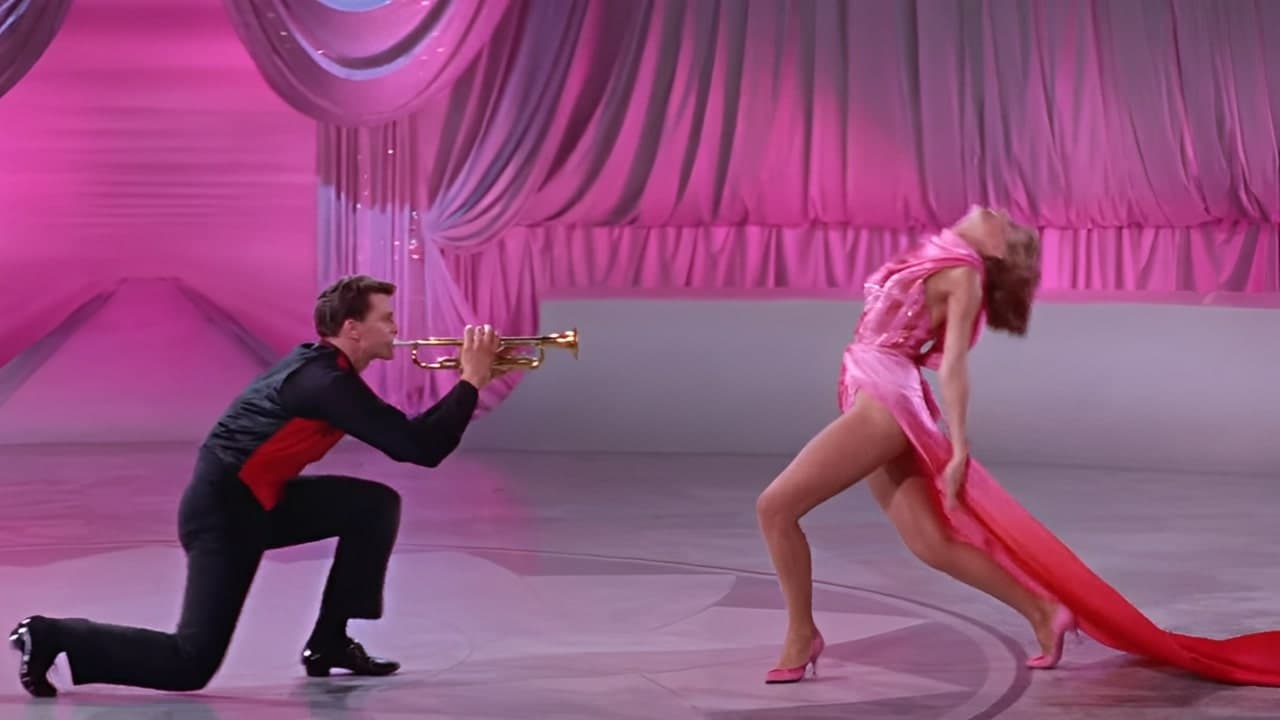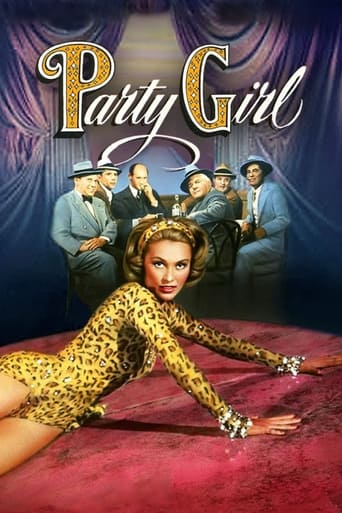

Eddie Muller brought it to Noir Alley. The best thing to say about it is that it is not boring. First, where did that title come from. Cyd Charisse never has fun. Cyd was not exactly the most emotional actress who ever lived but her mysterious beauty is always there. And those dance numbers? 1930s Chicago? Right, I am stupid. The look of the film is what sinks it. There is zero period flavor which might have made it more fun. Taylor has always been a screen personality that I found boring even at his most beautiful. But here you see a real actor. The character is very rich and human. I think it is a shame that the movie had such a pathetic goal that he is wasted. Lee J. Cobb? He played Johnny Friendly again. The rest of the cast is made up of ciphers who were given so little to do.
... View MoreRay's personal troubles aside, he was a great director.But this "techninoir" mess is a sad send off for an otherwise great career.PG is hardly noir. But it is a great example of cliched, predictable, bland and blase´ fluff.Yes, it's quirky, unusual, and odd. All for the wrong reasons.Of all the mobster movies I've seen, this is one of them. "Some Like It Hot" even steals and makes fun of lots of previous mob movies, and SLIH plays off what you see in PG.Terrible waste of Metrocolor and talent.
... View MoreOf course we have all seen this type of story line a few times, especially if you enjoy the film 'noire of the 1940s and 1950s era. What sets this crime/film 'noire/romance apart from others is the first class performances of the four main characters. The gorgeous gams of professional dancer Cyd Charisse are on full display in her role as Vicki Gaye and she is the love interest of the smartest criminal defence attorney Thomas Farrell played to perfection by Robert Taylor who unfortunately died in the prime of his life and in his career as a first rate Hollywood star.Thomas Farrel is the lead counsel for mob boss Rico Angelo played by Academy Award best actor nominee Lee J. Cobb who rules his crime empire and the streets below him by fear of death or serious injury to anyone who would even consider double crossing him. Now lawyer Thomas Farrell does have a close working relationship with the mob boss Rico Angelo who pays him top dollar for keeping him and his cronies out of jail even when they are up on murder charges. Such is the case with Louis Canetto played by John Ireland who is charged with murder but gets off due to the masterful defence strategy used by his lawyer, Thomas Farrel. Louis Canetto has his eyes set on the pretty party girl Vicki Gaye but so does defence lead counsel Thomas Farrel. It does not take the gorgeous Cyd Charisse who plays Vicki Gaye long to assess that she will have a much more loving relationship with lawyer Thomas Farrel than she would with the mob underling Louis Canetto.So you can see that this film 'noire has the typical seedy criminal element who require a smart lawyer to continuously defend them, and it has the party girl turned love interest of the brilliant lawyer who is used by the mob boss to get what he wants out of his top notch lawyer Thomas Farrell. Where I see this film excels and where other similar pictures of the era falter is with the high caliber acting of these four main characters such that the film has ended when the audience wants to see more.I give the film a pretty good 7 out of 10 rating.
... View MoreGiven the talent involved Party Girl is something of a damp squib that falls between several stools - gangster, musical, thriller, romance - and fails to satisfy in any. Looking at the cast prior to seeing the thing it was clear that the best actor by a country mile was Lee J. Cobb but he is strangely ineffectual here despite being allowed the odd bellow and snarl. John Ireland who showed some promise in All The King's Men in 1949 was phoning it in by 1958 which leaves the two leads. Robert Taylor was always slightly wooden but he makes a decent stab and whilst Cyd Charisse would never have claimed to be anything more than a fine dancer she too turns in a half-decent performance. On the whole Nicholas Ray fails to pull the strands together though it's quite possible that MGM, cognizant of their success three years earlier with Love Me Or Leave Me which blended singing and shooting albeit in a real life bio-pic of Ruth Etting, thought they might get lucky again if they threw in some production dance numbers midway through a gangster movie. Alas, lightning doesn't strike twice.
... View More